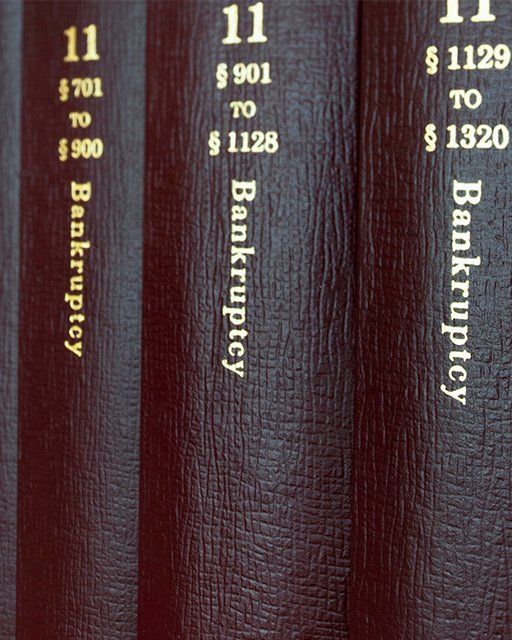Bankruptcy Law
What is the difference between Chapter 7 and Chapter 13 bankruptcy?
There are two types of bankruptcy available to individuals and married couples, they are Chapter 7 and 13. Under a Chapter 7 bankruptcy, debtors are able to discharge their debts and keep the assets that are exempt under the bankruptcy code. Surprisingly, the exemptions are liberal enough to allow many Debtors to keep all of their assets. Debtors must qualify to file a Chapter 7 by passing a "means test." The means test is the test to show that your annual income is under a certain threshold based on your household size. Provided you pass the means test and can exempt all of your assets, you can file Chapter 7, discharge your debts and start fresh. Most debtors can complete their Chapter 7 bankruptcy in approximately 90 days from the date they file.
In a Chapter 13 bankruptcy, debtors develop a repayment plan that lasts 3 to 5 years. The repayment plan provides debtors the opportunity to pay into the plan their monthly disposable income which is their monthly income less their allowable monthly expenses. The important thing to remember about a Chapter 13 bankruptcy is that it helps people that do not qualify for Chapter 7 to develop a plan to pay their creditors back and in some cases, paying their unsecured creditors back for less than what is owed to them. Chapter 13 also provides the opportunity for debtors to keep all of their assets.
Bankruptcy vs. Debt Settlement/Debt Consolidation
Many debtors will investigate debt settlement or debt consolidation firms before bankruptcy. Unfortunately, there are some majors pitfalls with using these options. First, debt settlement firms will charge you a significant fee and attempt to negotiate a reduced payoff with your creditors. However, more often than not, creditors will not agree to any significant reduction in the payoff amount and in the cases where the creditor does agree to a reduced payoff, they want the reduced payoff paid in a very short period of time (i.e. 30 to 90 days). If you had the money to do this you would not need the debt settlement firm. Also, if the debt settlement firm is successful in negotiating a reduced payoff your creditors will issue an IRS-1099 form to you for the portion of the debt that was forgiven. The forgiven debt may be treated as income for income tax purposes potentially increasing your income tax liability at the end of the year. You should consult an accountant on the potential income tax consequences of settling your debt through a debt settlement firm.
On the other hand, debt consolidation firms attempt to consolidate your debt into one larger loan that will be paid back over a long period of time with significant interest assessed. For these reasons, bankruptcy is often an excellent and much more affordable option for a debtor with significant debt.
Debtors are often happy to learn that the attorney and filing fees charged for a Chapter 7 or 13 are actually less than the fees charged by debt settlement and consolidation firms. One of the more appealing things about a Chapter 13 bankruptcy over debt settlement or consolidation is that the unsecured creditors in a Chapter 13 bankruptcy are typically prohibited from assessing additional interest and late fees once the plan is confirmed by the Bankruptcy Trustee.
While filing bankruptcy may be intimidating to most, it does provide a debtor with the opportunity to resolve their debts free from the harassing collection calls by the creditors because once a debtor files for bankruptcy an automatic stay is issued preventing creditors from attempting to collect the debt. It has been our experience that most debtors are truly relieved after filing bankruptcy because it provides them a concrete plan to help them resolve their debt problems.
So, if you are feeling like you are drowning in debt and do not know which option to choose, contact our office for a free consultation and we will help you with making an informed decision about your best option.


